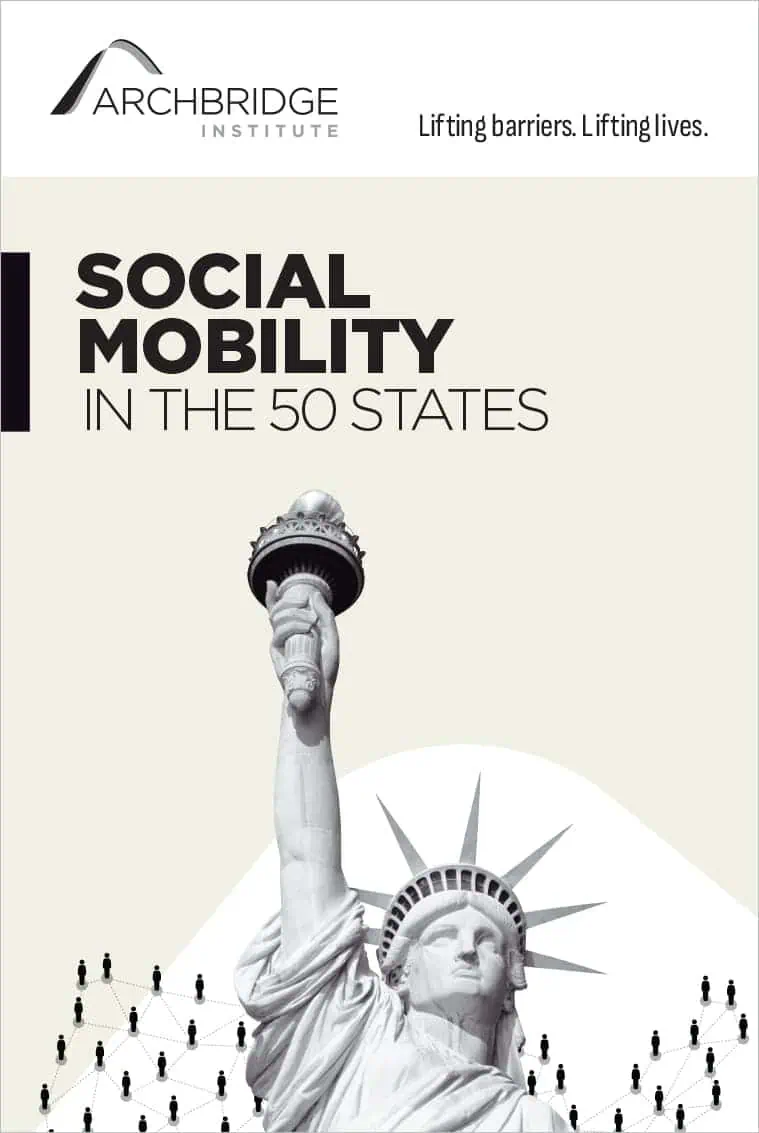
Key Findings
- The institutional environment, specifically the quality of legal systems and protection of property rights, are often ignored in the economic mobility literature.
- Most of the research on mobility focuses on education and inequality. While these issues are important, analyses on which they are based often ignore the institutional framework in which skillsets are developed and observed inequality is bred.
- I find that legal systems and the protection of property rights are important for explaining intergenerational income mobility in a cross-country analysis.
- To a lesser but still positive and meaningful extent, the quality of legal systems also matters for absolute and relative mobility across metropolitan statistical areas in the United States.
- Among subcomponents of state-level legal systems and property rights protection, the control of corruption seems to be the important factor in explaining economic mobility.
Justin Callais, PhD, is the Chief Economist at the Archbridge Institute. He leads the institute’s “Social Mobility in the 50 States” project and conducts original research on economic mobility, economic freedom, economic development, and institutional analysis. Follow his work @JustinTCallais and subscribe to his newsletter, Debunking Degrowth.





